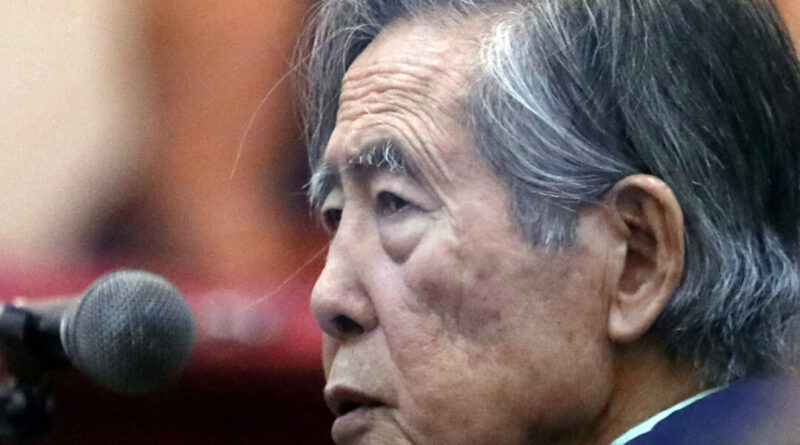Alberto Fujimori, Former President of Peru, Passes Away at the Age of 86
LIMA—Former Peruvian president Alberto Fujimori, who led economic growth during the 1990s but was later imprisoned for human rights abuses related to a violent conflict against Maoist rebels, passed away on Wednesday at the age of 86.
Close associates visited him earlier in the day, noting his critical condition.
“After a long battle with cancer, our father… has just departed to meet the Lord,” his daughter Keiko Fujimori wrote in a message on X, also signed by the former leader’s other children.
Fujimori, the son of Japanese immigrants, was a relatively unknown chancellor of an agricultural university when he was elected in 1990. He quickly established himself as a shrewd politician whose hands-on approach delivered results despite criticism for consolidating power.
He successfully tackled hyperinflation that had caused widespread unemployment, privatized numerous state-owned enterprises, and reduced trade tariffs, laying the groundwork for Peru to emerge as one of Latin America’s most stable economies for a period of time.
During his tenure, the notorious leader of the Maoist Shining Path group, Abimael Guzman, was apprehended—a significant blow to a movement that had posed a serious threat to the Peruvian state in the 1980s. Guzman passed away in prison in September 2021.
However, many Peruvians viewed Fujimori as an authoritarian leader after he used military force to dissolve Congress in 1992, rewrote the constitution to suit his preferences, and implemented free-market reforms and stringent anti-terrorism laws.
A string of corruption scandals tarnished his reputation during his decade-long administration, leading to a decline in public support.
Shortly after winning a third term in 2000 by amending the constitution, incriminating videos surfaced showing his top advisor and intelligence chief, Vladimiro Montesinos, bribing politicians. Fujimori fled to Japan to live in exile.
He resigned via fax from Tokyo and unsuccessfully attempted to secure a seat in the Japanese senate.
Montesinos was later apprehended in Venezuela and imprisoned, convicted based on numerous videos capturing him offering bribes to politicians, business figures, and media executives.
Charges against Fujimori mounted, including allegations of ordering the use of death squads in the battle against Shining Path insurgents.
Despite his safety as a dual citizen in Japan, which does not extradite its citizens, Fujimori surprised many by returning to Peru in 2005, seeking reconciliation and re-entry into politics.
Instead, he was detained during a layover in Chile, extradited to Peru in 2007, and eventually sentenced to 25 years in prison in 2009.



